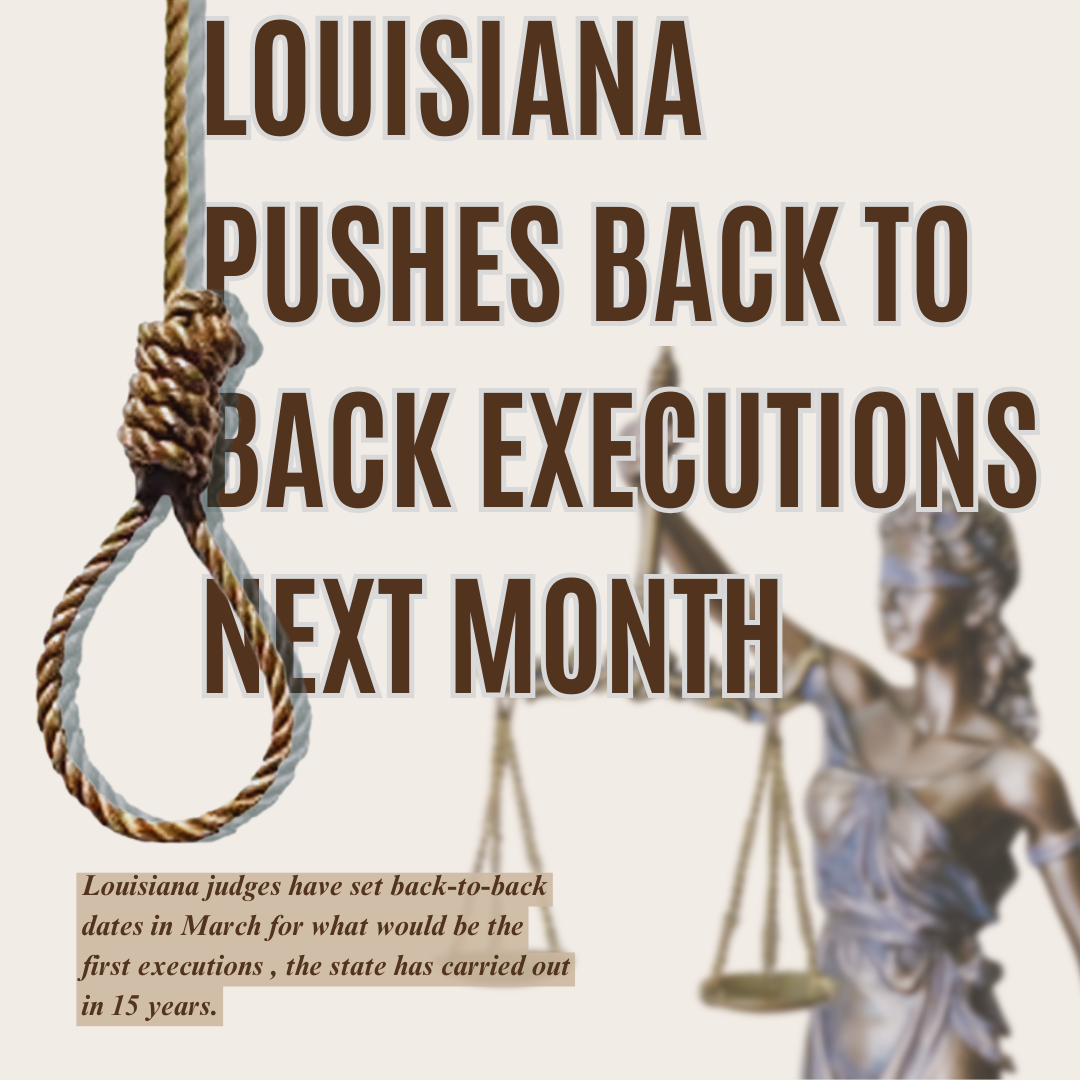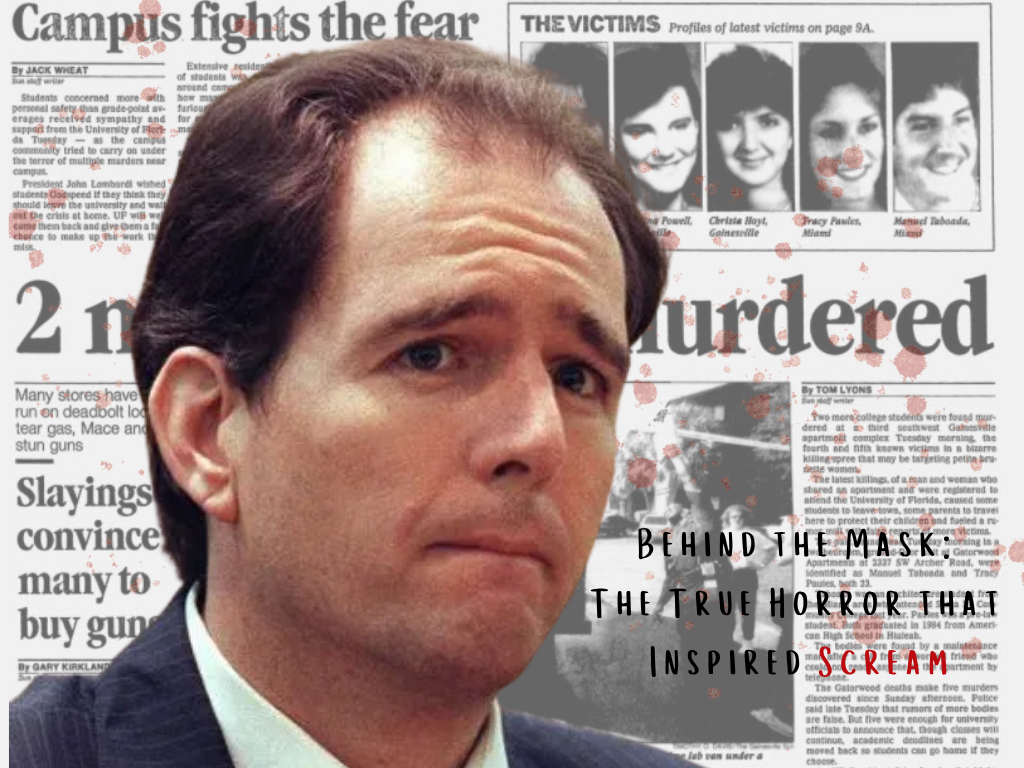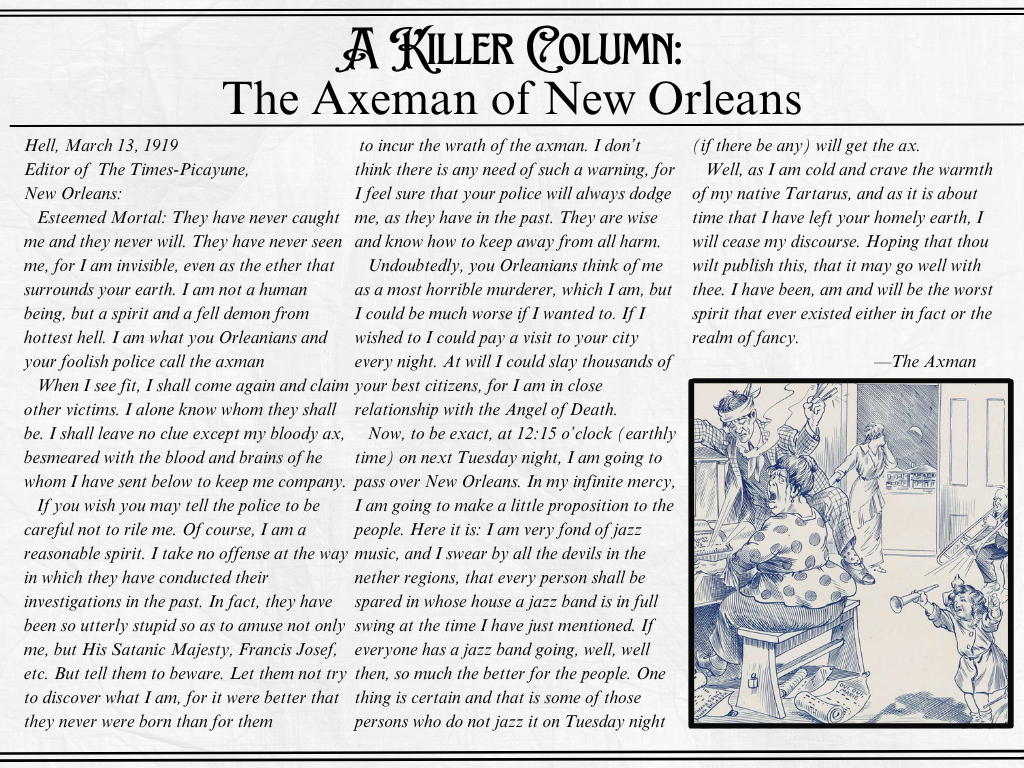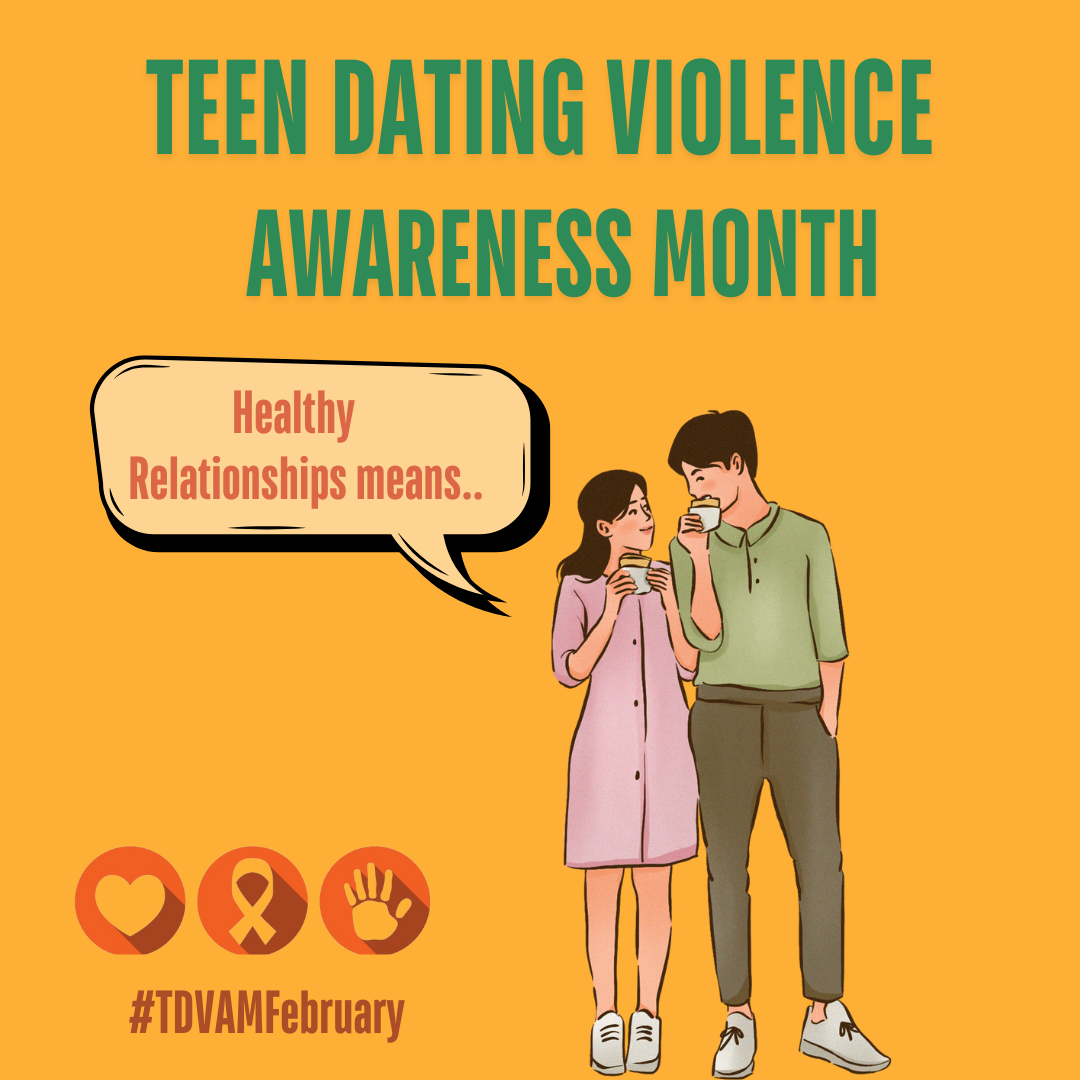After a 15-year break of death by execution in Louisiana, the Department of Public Safety and Corrections scheduled two back-to-back executions at The Louisiana State Penitentiary, known as Angola. 81-year-old Christopher Sepulvado of Desoto Parish is one of the inmates scheduled to be executed on March 17, 2025, for the murder of his stepson in 1992. The next day in St Tammany Parish, Jessie Hoffman received a death warrant to be executed for the rape and murder of Mary Elliot in 1996. The state plans to use nitrogen hypoxia, which suffocates inmates by replacing oxygen with nitrogen gas.
The decision to execute these men follows the Louisiana Gov., Jeff Landry’s, announcement that the state approved a new method for carrying out death sentences.
“These capital punishment cases have been reviewed at every judicial level, have undergone decades of unsuccessful appeals, and have had their death sentences affirmed by the courts,” Landry said. “I expect our DAs [district attorneys] to finalize these cases and for the courts to move swiftly to bring justice to the crime victims who have waited too long.”
Both Sepulvado’s and Hoffman’s attorneys dispute execution orders. Sepulvado’s attorney, Shawn Nolan, claims that Sepulvado’s failing health makes carrying out the execution both cruel and pointless .
“Chris Sepulvado is a debilitated old man suffering from serious medical ailments. He is confined to a wheelchair, he falls frequently and his heart and lungs are struggling to keep working,” Nolan said. “There is no conceivable reason why ‘justice’ might be served by executing Chris instead of letting him live out his few remaining days in prison.”
Hoffman’s attorney, Rebecca Hudsmith, argues that Hoffman, who was only 18 years old when Elliot was murdered, endured a traumatic childhood. She believes he should instead serve a life sentence.
“Jessie suffered horrific abuse and neglect as a child and was forsaken by all those entrusted with protecting him,” Hudsmith said. “Jessie has worked hard to overcome the trauma. He is a father with a close, loving relationship with his son, who he helped raise from prison. He has become a valued and stabilizing presence at the prison.”
The decision to resume executions in Louisiana has been met with backlash from the National Association for the Advancement of Colored People (NAACP), which believes that the application of the death penalty in Louisiana relates to widespread racial inequalities. The NAACP believes the continuation of executions could lead to innocent people losing their lives.
“Executions do not serve justice. We refuse to stand by while Louisiana resurrects the racist cruelties of the past, echoing the brutal injustices of lynching and slavery, especially offensive during Black History Month, a month meant to honor freedom and accomplishment,” the President of the NAACP Louisiana State Conference Michael McClanahan said. ‘The death penalty was wrong then, and it is wrong now.”
The Innocence Project, a national litigation and public policy nonprofit committed to exonerating wrongfully convicted individuals, estimates that 74% of people on death row today are people of color. This leads many people to believe that the decision to bring back executions in Louisiana will only lead to the targeting of people of color, whether guilty or innocent.








